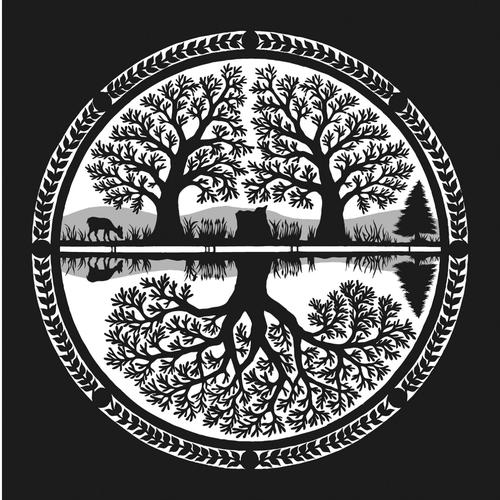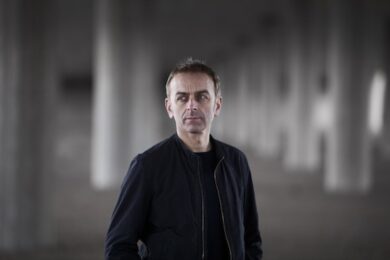5. Nina NastasiaOn Leaving

Nina is another friend that we were introduced to via John Peel and his family. There were a number of people after his passing that I really wanted to get in touch with and Nina was one of them. That was John’s legacy. That and one-stop shopping, something that Radio 1 would benefit from the asset of again. John was a place where you could go to hear very disparate music – some of which you would love, some which you would loathe, and some of which you would loathe but come to love. Nina was one of the people that he played a lot. This was the album when I met her and her fella. She’s an extraordinary singer – for me, I think the greatest contemporary female lyricist. She and her boyfriend live in a tiny flat in Manhattan, almost like Russian peasants. There are lots of stuffed animals and huge rugs on her tiny bed and laptops hidden behind huge automatons. I love her guitar playing and her singing, but her lyrics challenged me to try to be as good. She writes from a woman’s point of view, beautifully. Her lyrics are very personal. I struggled with that before writing Edgeland. This, and the John Martyn album, and the James Blake album – they were all writing very personal songs.
Is that not really something you’ve done with Underworld before?
I wrote very personal lyrics. But the method that I used was to gather together fragments of my journeys and describe my emotions through the fragments that I’d collected. So you could tell if I was on a dark one, or a light one, or a dodgy one… by what I’d gathered together. When it came to making Edgeland there was a very conscious decision to move on from 20 years of writing abstract paintings if you like, that were evoking strong emotions, but weren’t perhaps communicating as directly as I would like. And after all that time working in the same way, it becomes repetitive and I wanted to move on and let people in on what I was thinking without watering it down.


